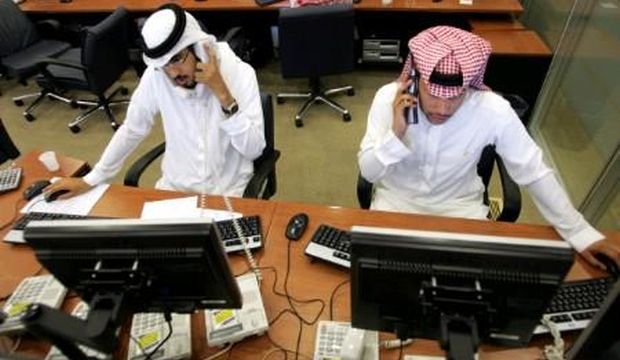Riyadh, Asharq Al-Awsat—The Saudi capital markets regulator is seeking the opinions of stock market analysts, economists and a host of other local financial experts on final steps to liberalize the country’s stock market for foreign investment, informed sources have told Asharq Al-Awsat, as the bourse prepares to launch the region’s biggest-ever IPO later this month.
The sources, who requested anonymity, said the Capital Markets Authority (CMA), which regulates all capital markets activities in the Kingdom, will collect all views canvassed regarding the process by November 20, expecting the opening of the bourse to foreign investment to be completed during the first quarter of 2015.
The CMA announced in July it would be opening up the exchange, known as the Tadawul, to foreign institutions by mid-2015, a long-awaited move for the Arab world’s biggest and most diverse stock market, which has seen its main index gain 12 percent since the announcement and climbed back at the end of August to its highest levels since the collapse of Lehman Brothers in September 2008.
The CMA made a further announcement in August, stipulating that the stock market would be open only to foreign institutions and not individuals, and that it would be placing a 10 percent cap on the entire collective foreign ownership of the whole bourse, with a 5 percent cap on any individual institution’s ownership of a particular listed company.
Economist Dr. Ghanim Selim told Asharq Al-Awsat consulting some of the country’s foremost financial experts on these decisions was a wise move by the CMA, and would reflect positively not only on the process of opening up the stock market, but also on the country’s economy as a whole.
Despite the market’s recent positive performance, Selim said he expected some turbulence in the market in the coming period beginning with the IPO of National Commercial Bank (NCB) later this month and ending with the opening of the market by the end of the first quarter of 2015.
NCB’s 6-billion-US-dollar IPO on October 19 will be this year’s second-biggest—after Alibaba’s 25-billion-dollar sale on the New York Stock Exchange last month—and is expected to become the biggest in the history of the Arab world, as well as one of the world’s largest. A total of 300 million shares will be open for sale to individuals at 45 Saudi riyals (12 dollars) a share, with a minimum required commitment set at 10 shares per individual.
Following NCB’s stock market debut and then the opening of the Tadawul for foreign investment, another historic occasion for the bourse will be on the horizon, as it will now be eligible for inclusion on MSCI’s Emerging Markets Index, used by fund managers the world over to hunt down lucrative opportunities in markets such as China, Malaysia, Brazil and India, as well as rival regional bourses from Egypt, Qatar, Turkey and the UAE, which are, unlike the Kingdom’s, included on the index because they allow foreign investment.

